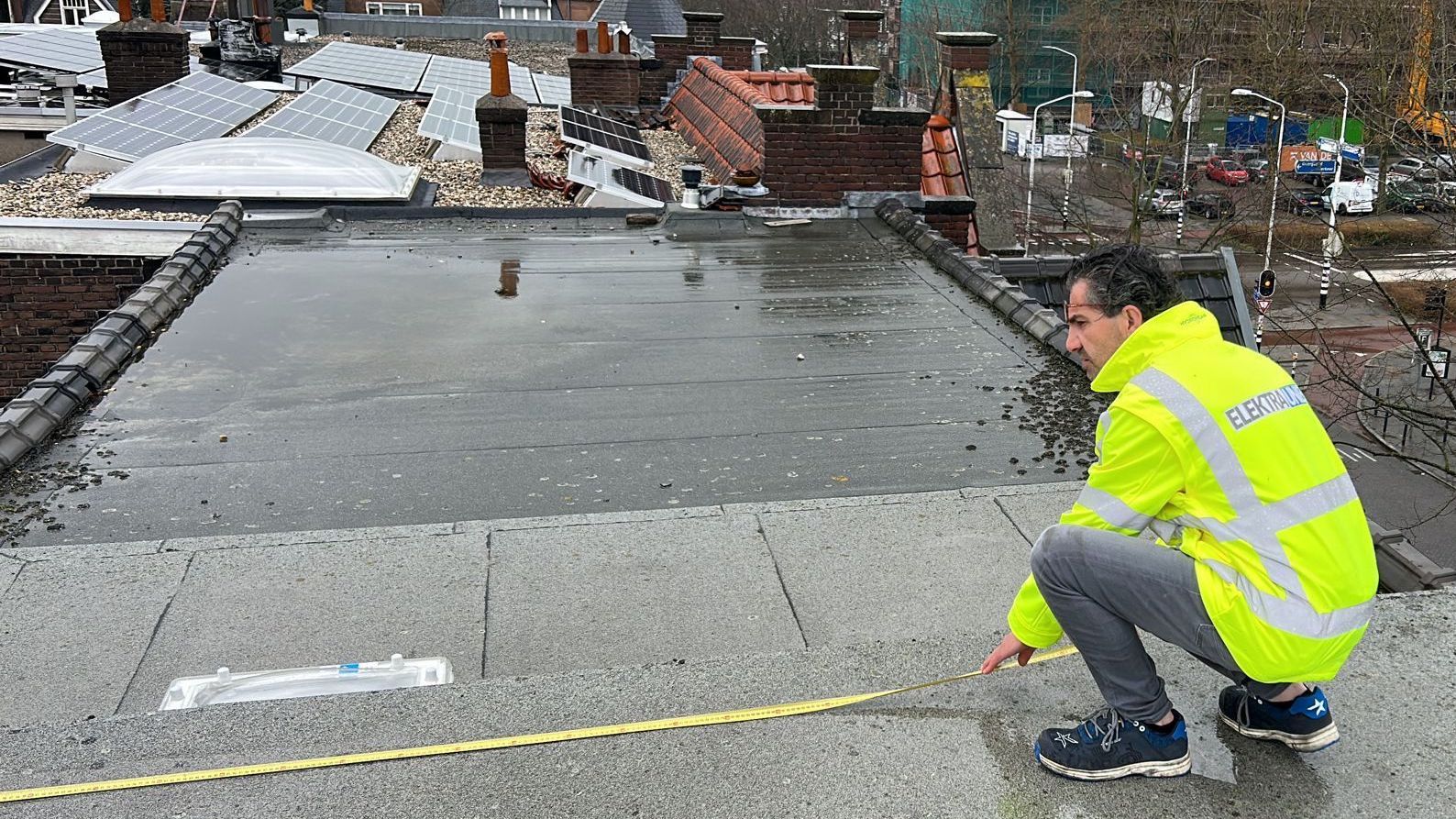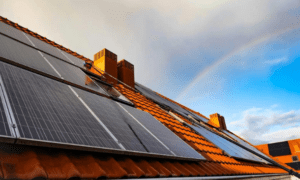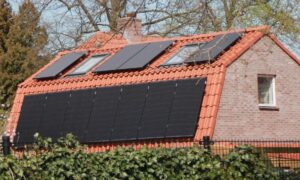Installing a solar panel can be a bit tricky, but with the right tools and instructions, it’s definitely doable! Here are some general steps to follow:
- Choose the right location: You’ll want to install your solar panel in a location that gets plenty of sunlight. This could be on your roof, in your yard, or on a pole.
- Gather your tools: You’ll need a drill, screws, a wrench, a ladder, and safety equipment like gloves and goggles.
- Install the mounting hardware: Depending on the location you’ve chosen, you’ll need to install mounting brackets or a frame to hold the solar panel in place.
- Connect the wiring: Once the mounting hardware is secure, you’ll need to connect the wiring from the solar panel to your home’s electrical system. This should be done by a licensed electrician to ensure safety.
- Test the system: Once everything is connected, you’ll want to test the system to make sure it’s working properly. This may involve checking the voltage and amperage output, as well as monitoring your energy usage.
Of course, these are just general steps, and the installation process may vary depending on the specific type of solar panel you’re using and the location you’ve chosen. It’s always a good idea to consult with a professional if you’re unsure about any aspect of the installation process.
How to know if a company is capable of installing?
It is important to first look at the certifications of a company, are all installers trained and certified solar panel installers or technicians? Also a company’s experience and track record in the industry can be a good indicator of their proficiency in installing solar panels. The more installations a company has completed, the more likely they are to have encountered a range of challenges and developed effective solutions.
The quality of the equipment and materials used can play a significant role in the success of a solar panel installation. Companies that use high-quality components and stay up-to-date with the latest technology and industry standards are more likely to deliver reliable and efficient systems.
Lastly, the expertise and training of the installation team can also be a crucial factor. Companies that invest in ongoing training and development for their employees are more likely to have skilled and knowledgeable technicians who can troubleshoot problems and ensure that the installation is done correctly.
Which mounting materials should be used?
There are several mounting materials that can be used for solar panels. Some of the most common ones include:
- Roof mounts: These are attached directly to the roof and can be made of materials like aluminum or stainless steel.
- Pole mounts: These are installed on a pole and can be used for ground-mounted solar panels.
- Ground mounts: These are installed on the ground and can be made of materials like concrete or steel.
- Trackers: These are designed to follow the movement of the sun and can be used to maximize the amount of energy that is generated by solar panels.
The choice of mounting material will depend on a variety of factors, such as the location of the panels, the type of roof or ground they will be installed on, and the climate in the area. It’s important to consult with a professional solar installer to determine the best mounting solution for your specific needs.
How to become a solar panel installer?
To become a solar panel installer, there are several skills you would need to have. Firstly, you would need to have a good understanding of electrical wiring and circuits, as well as knowledge of basic math and physics principles. You would also need to be physically fit and able to work at heights, as installing solar panels often involves climbing ladders and working on rooftops.
In addition, it would be helpful to have experience in construction or roofing, as well as good problem-solving skills and attention to detail. You may also need to be able to read and interpret technical drawings and schematics, and have some knowledge of local building codes and regulations.
Overall, becoming a solar panel installer requires a combination of technical knowledge, physical ability, and practical skills, as well as a commitment to safety and quality workmanship.



































